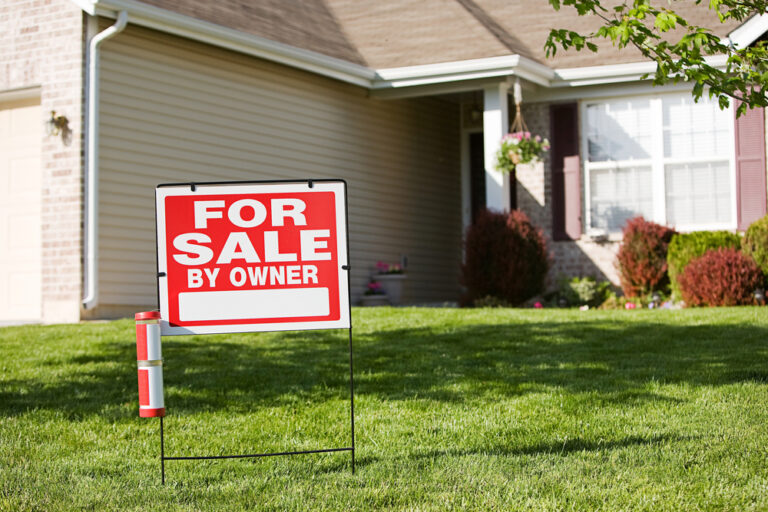Selling your home is a big deal, and if you’ve made it to the offer stage, it can feel like you’re nearly over the finish line. But unfortunately, even with an offer in place, there are still several steps where things can go wrong.
At Parkers, we know how frustrating it can be when a sale collapses. That’s why we believe in helping sellers understand the full journey and prepare for every stage. In this guide, we’ll explain when and why house sales fall through — and most importantly, how to avoid it happening to you.
Why house sales fall through
It might come as a surprise, but roughly one in three property transactions in England and Wales don’t complete. Most of these happen after an offer is accepted but before contracts are exchanged — the point when a sale becomes legally binding. Until then, either party can walk away without legal penalty.
Sometimes it’s down to changing circumstances, but often it’s delays, miscommunication, or hidden issues that derail things. Knowing what to expect — and planning for it — is the best way to keep your sale on track.
When problems are most likely to happen
Before contracts are exchanged
This is the most common point where a sale can collapse. From the moment an offer is accepted, a race begins to get everything in order. Buyers arrange surveys, instruct solicitors, and apply for mortgages. Sellers prepare documents and answer legal questions. If any of these steps hit a snag, it can lead to delays — or worse.
During conveyancing and legal checks
Once both parties’ solicitors begin their legal work, more detailed information comes to light. Searches are carried out with the local authority, title documents are reviewed, and boundaries or rights of way are examined.
After the exchange of contracts
Although much rarer, it’s still possible for a sale to collapse after contracts have been exchanged. At this point, there are legal consequences to backing out — but even then, problems like chain delays or financing trouble can disrupt completion.
How to keep your sale on track
Choose the right buyer
Not all offers are created equal. A buyer who is chain-free or has a mortgage in principle is generally more reliable than one still waiting to sell their own home.
Get legally prepared early
One of the best things you can do is get “sale-ready” as soon as your home goes on the market. This means pulling together the key documents your solicitor will need.
Keep the lines of communication open
Buyers often get nervous if they feel a sale is stalling. If weeks go by without updates, they might start wondering if something’s wrong.
Be realistic about pricing
Sometimes, a sale falls through because a mortgage valuation doesn’t match the agreed sale price.
Understand the chain
If you’re part of a property chain — and most sellers are — be aware that delays or problems at any point in the chain can affect your sale.
Stay calm and don’t panic
If a sale does fall through, all is not lost. Properties that go back on the market often attract renewed interest, especially when your agent knows how to repackage and relaunch your home quickly.
How Parkers can help
A house sale can fall through at several points, but with the right preparation, a proactive team, and honest communication, many of these risks can be avoided.
If you’re thinking about selling or you’ve had a sale fall through, our experienced local team is ready to help. Visit our Guides to Selling a House for practical advice or speak to your local Parkers branch.







